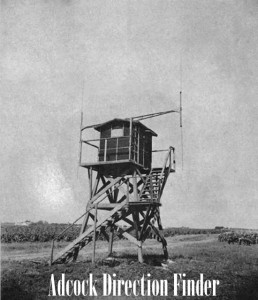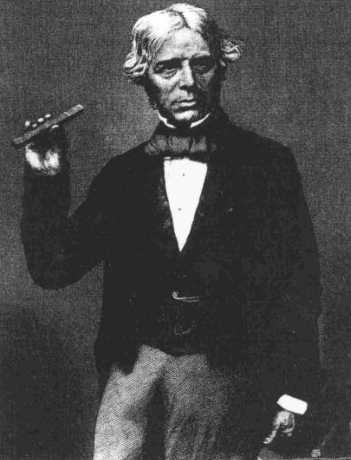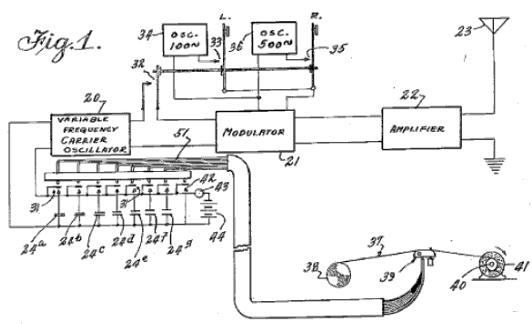
The Providence Journal has a fascinating piece on the little known story of domestic radio surveillance during WWII. The Intelligence Division of the FCC selected several sites in the U.S. to set up monitoring stations to listen for enemy spies. A wartime short movie featured the radio surveillance effort. The Chopmist Hill Station on a 183 acre site atop a 730 ft hill in Scituate, Rhode Island proved to be one of the most successful of these stations. Among the station’s accomplishments:
- Detecting Japanese fire balloon transmissions so they could be intercepted and shot down by fighters.
- Monitoring U-Boat transmissions. In one case an intercept from the station led the Queen Mary and her 14,000 troops to be diverted from harms way.
- Monitoring German domestic weather updates that could not be heard in Britain.
- Providing radio-navigation assistance to lost planes along the eastern seaboard.
- Obtaining intercepts from Rommel’s Army in North Africa.
The ideal location for an HF band receiving station is on elevated terrain overlooking the ocean. Signals propagate well over the conductive sea water, and sources of man-made noise are much reduced. Ham radio operator KB1SJ has a Chopmist Hill Station description for the more technically inclined. And Rhode Island Radio has further details including some great pictures. (H/T Instapundit who has some excellent comments as well).




One thought on “Monitoring Rommel’s Afrika Corps from Rhode Island”
Fascinating account – and i don’t mean to lessen its importance one bit with a minor correction – but the only Scituate I know (as a lifelong Massachusetts resident) is in Massachusetts, close enough to Rhode Island to lead to confusion.
I am now 86 and was a teenager in Boston during WWII, which affected me most vividly when the street lights of Boston were dimmed so that UBoats standing off the coast could not easily distinguish targets of attack on the mainland. Many streets were lit by gas lamps and there was a “romantic” quality to observing how they were dimmed manually on our street by men on ladders. How events of world importance were diminished in a teen-aged mind! When I was asked in later life to tell a group of college students about civilian experiences during WWII, I realized how many issues and experiences of importance had barely touched my awareness at the time. It took reflections years later to lift some of that ignorance.